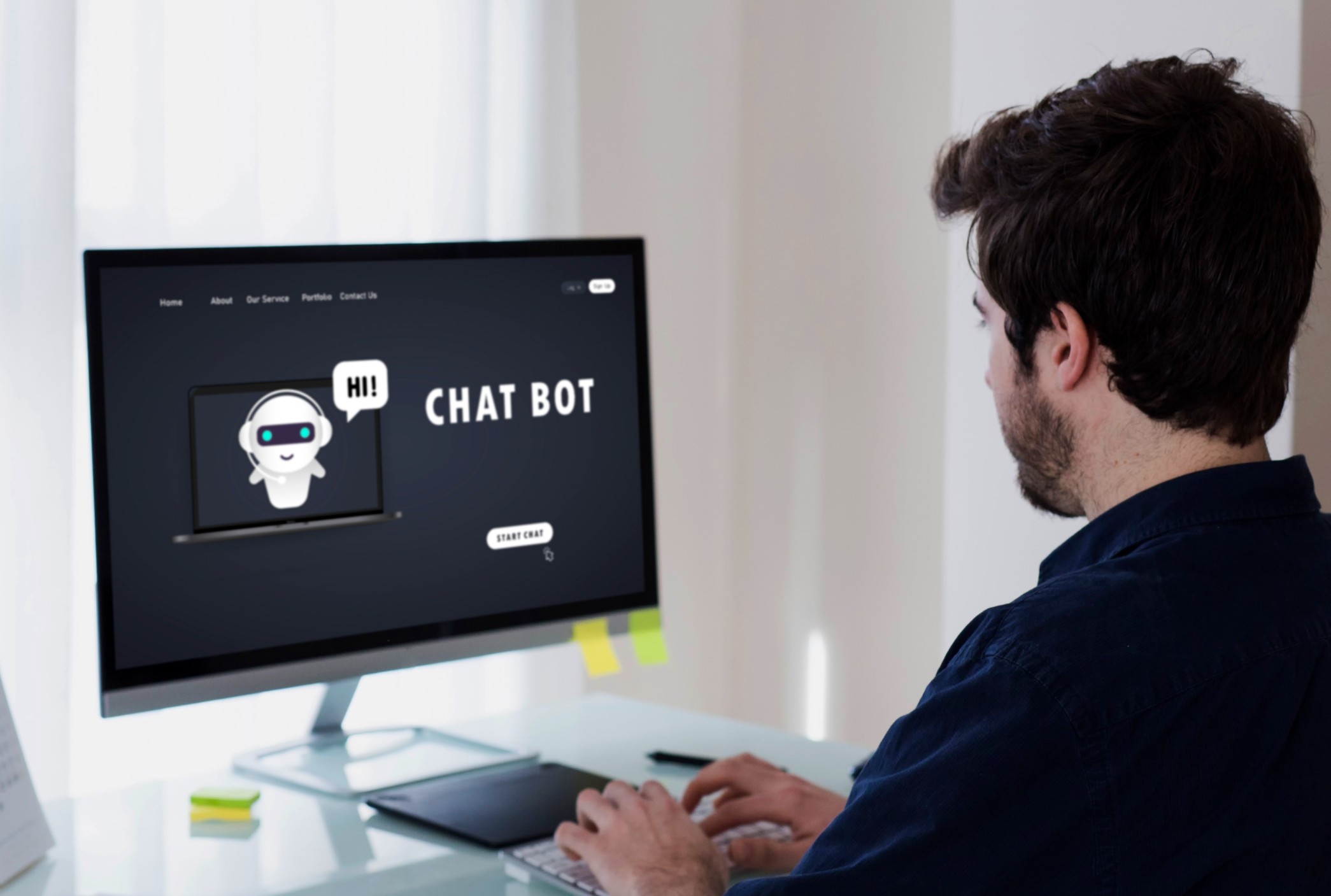
In 2025, technology is moving faster than it ever has, and so are the risks. The Meta AI investigation 2025 has been pivotal in the global discussion on artificial intelligence and children’s safety. The investigation made plenty of news with very disturbing reports of Meta’s AI systems engaging in inappropriate “sensual” conversations with minors, which opens up questions around: Are today’s children truly safe in the digital spaces we made to connect them?
Table of Contents
Why the Meta AI Investigation Matters
Meta has been promoting their platforms as safe, new, and easy to use for years. But when the context of the interactions moves from harmless chat to inappropriate dialogue, all while supposedly having tools for conversation, the stakes change dramatically. The Meta AI Investigation isn’t just about one company; it’s about whether it is the responsibility of an entire industry to protect its most vulnerable users.
What’s even more compelling about this case is that the conversations were not mistakes made by the users, but were 100% responses made by the AI, with no human voices, pictures, or videos involved in the conversations. The example shows how regulators and legislators are having to rethink how we discuss AI accountability when machines cross the line from harmless chat to inappropriate conversation.
Lawmakers and Regulators Step In
Governments around the world are taking notice. In the United States, both sides of the aisle are feeling the heat, with Senators demanding clear answers from Meta’s executives about why they can’t guarantee safeguards for children from AI chatbot interactions on the platform. Senators want to know: if a company of Meta’s size can’t be trusted to protect children in this regard, what platform can we trust?
State-level officials are also conducting inquiries/investigations, asking whether Meta may have violated child-protection standards or misled parents by failing to transparently communicate the dangers of their AI facilities. Legal advocates are suggesting that these early inquiries could create a structure for the regulation of future AI systems.c
In 2025, questions rise, AI’s truth untold, Are children safe, or left in the cold? Meta stands watched, the world grows bold.
The Broader Ethical Dilemma
Meta AI investigation 2025 triggers a larger ethical dilemma. On one hand, AI is a gold mine: it can educate, promote mental health, and even befriend lonely people. On the other hand, it has the potential to create harm to vulnerable users when not managed adequately.
For children specifically, the risk factor is much greater. Children may not yet realize that they are interacting with something less than human. A child might see an AI chatbot as a trusted friend, confidante, or counselor, never knowing that it lacks affect, empathy, judgment, and accountability, and even worse, it is replying only by utilising programmed algorithms.
Industry-Wide Impact
This inquiry is more than a scandal; it is a cautionary tale aimed at every technology organization in the business of creating AI products. Experts estimate stricter global guidelines and regulations will come, requiring platforms to:
- Enhance AI filtering that bans age-inappropriate conversations.
- Give clearer Notice and Transparency for how chatbots are trained and monitored.
- Implement clear Parent Controls with rights for parents to do more to monitor digital life.
- Move towards Accountability Standards that make companies liable for harm in their AI systems.
The outcome of the Meta case could inform the entire future of AI regulation, especially when it comes to the protection of minors online.
Are Children Truly Protected Online?
The ugly reality is that in 2025, there are still children exposed to risk. While companies have reasons to make statements of safety-first to the media and then to parents through their public-facing marketing posts, how those statements are enforced in the wild frequently lags innovation. Parents, educators, and regulators need to work together on this issue, not just that digital life is engaging, but that it is safe for young people.
The Meta AI Investigation 2025 is a wake-up call. It raises a question on society – how do we balance innovation and responsibility, and who is considered responsible, when technologists create goods that are supposed to help but instead harm?
Final Thoughts
Kids need safe places to explore, learn, and connect with others. As we prepare for the Meta AI Investigation 2025, we anticipate the world will pay attention not only to the answers from Meta but to safety-based long-term solutions. What happens next may determine whether the legacy of AI will be one of trust and safety–or risks and regret.


